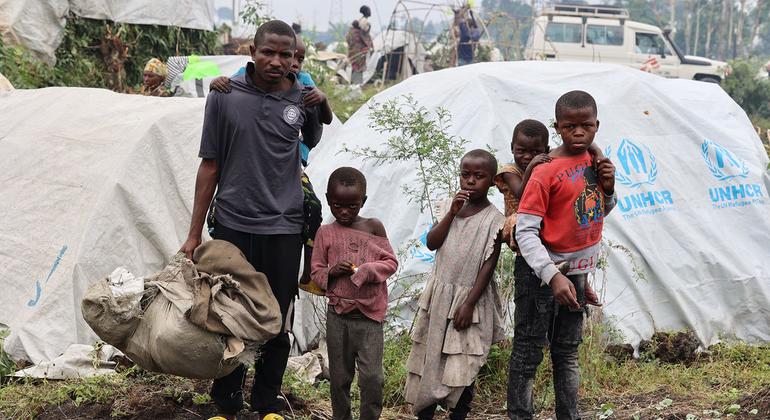Thousands of children in eastern Democratic Republic of Congo have been victims of rape and sexual violence in just two months, according to a warning from the UNICEF. During a recent press conference, organization spokesman James Elder revealed that children make up between 35% and 45% of the nearly 10,000 reported cases of rape and sexual violence in January and February of this year. This translates into an alarming frequency where “every half hour, a child was raped” during the most intense period of conflict in the region.
Elder explained that this phenomenon is not an isolated incident, but part of a systemic crisis that affects children of all ages. He described sexual violence as “a weapon of war and a deliberate tactic of terror” that tears apart both families and entire communities. The rate of sexual violence against children in the region has never been so high and the numbers presented to the international community only represent “the tip of the iceberg”, as many more victims are afraid to report their situation due to fear and social stigma.
In this context, the need for “urgent and collective action” becomes indispensable, Elder emphasized. He urged governments and organizations to ensure that survivors of these atrocities receive the necessary support and are not ignored, as well as stressing that perpetrators must be brought to justice.
The lack of funding for humanitarian aid further exacerbates the situation for victims. The spokesman warned that many of these girls and women are suffering unimaginable horrors and, as a result of funding cuts, are not receiving the basic medical attention they need. Elder shared the story of a thirteen-year-old girl who became pregnant after being raped and who does not understand the reason for her situation, emphasizing that such heartbreaking stories are becoming more common and will continue if urgent action is not taken.
UNICEF is facing the possibility of not being able to cover its funding shortfall, which could leave 250,000 children without access to vital services related to gender-based violence and protection in armed conflicts. The projections for the year 2026 are equally concerning; it is estimated that 100,000 Congolese children will not receive the measles vaccine, while almost half a million will lack sufficient clean water, among other critical deficiencies.
With these circumstances, the achievements in the field of health and child protection are at risk of crumbling, and the consequences of this crisis will impact not only the Democratic Republic of Congo, but also its neighboring countries.
via: MiMub in Spanish










